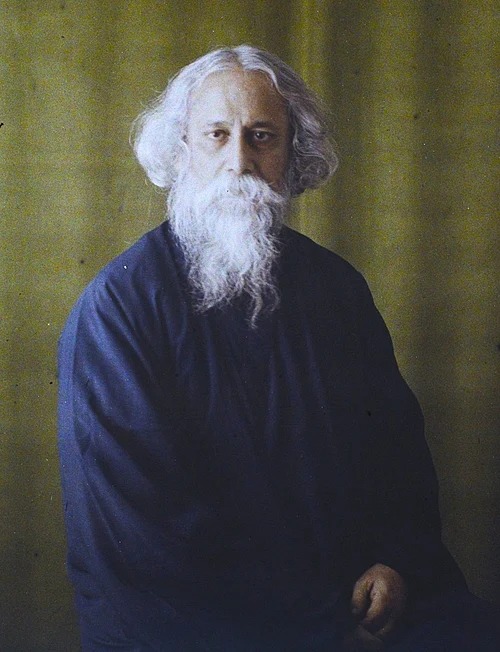Remembering Rabindranath Tagore on His Death Anniversary: A Timeless Legacy
By Abhishek Kumar

On this day, 7th August, we remember and pay tribute to Rabindranath Tagore, one of the most
revered figures in Indian and world literature, on his death anniversary. Tagore, who passed away in
1941, left behind a vast and unparalleled legacy as a poet, writer, playwright, composer, philosopher,
painter, and reformer. His contributions to art, literature, and education continue to inspire
generations, transcending boundaries of time, language, and nationality.
Born on 7 May 1861 in Calcutta (now Kolkata), Tagore emerged as a towering figure of the Bengal
Renaissance. With his lyrical brilliance and philosophical depth, he reshaped modern Bengali
literature and music. His Nobel Prize for Literature in 1913, awarded for Gitanjali, a collection of
deeply spiritual and sensitive poems, marked him as the first non-European Nobel laureate and the
first lyricist to receive the honor.
Tagore was not only a literary genius but also a passionate advocate for universal humanism. He
criticized rigid nationalism, colonial rule, and narrow identities, instead promoting a vision of global
harmony and individual freedom. His establishment of Visva-Bharati University at Santiniketan was a
step toward holistic, inclusive education rooted in Indian values and open to the world.
Beyond his words, Tagore’s melodies live on in the hearts of millions. His songs, known as Rabindra
Sangeet, are rich with emotion, cultural heritage, and poetic charm. Notably, he composed the
national anthems of both India (Jana Gana Mana) and Bangladesh (Amar Shonar Bangla).
Today, as we observe his death anniversary, we celebrate not just the end of a life, but the enduring
presence of his spirit in art, music, and thought. Rabindranath Tagore was, and remains, a beacon of
light whose words continue to guide the soul of humanity.
